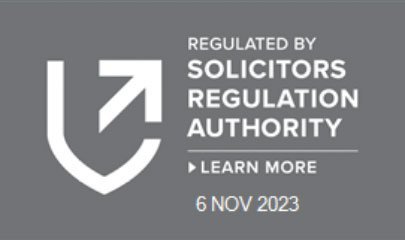In this blog we will first look at how jurisdiction is affected and then discuss the recognition and enforcement of orders, including child maintenance.
JURISDICTION
Which country will have the power to make decisions about my family?
Both EU law and the Hague Convention state that matters regarding children should be heard in the country in which the child is ‘habitually resident’. Habitual
Residence is a legal concept which is decided on each child’s circumstances. It generally reflects the country where the child usually lives, but there are exceptions so it is advisable to check with a family solicitor if there is any doubt about how it will apply to your child.
You should be aware that Habitual Residence can change over time and a key difference between EU law and the Hague Convention is that the Hague Convention enables jurisdiction to change if a child’s habitual residence has changed during proceedings. Whereas EU law assigns a jurisdiction for the duration of proceedings.
This is a notable difference for parents who regularly move between countries and wish for proceedings to take place in a particular country. However, it is unlikely to be a major issue as there is additional guidance that can prevent a change of jurisdiction if there are corresponding matters being considered in another signatory country.
Proceedings which began before 2021 continue to be governed by EU law so a change to a child’s habitual residence should not affect the forum in which ongoing matters are heard.
RECOGNITION AND ENFORCEMENT OF CHILD ARRANGEMENTS ORDERS
What do you do if you have a court order from the UK and you want to enforce it in an EU country?
If your proceedings began before 1st January 2021, it should be reassuring to know that Court Orders will be treated as if they were made under EU law, regardless of when they are issued. This means they will be automatically recognised by the country in which enforcement is being sought and enforced swiftly.
The Hague Convention will apply to all proceedings that start after 1st January 2021. Broadly speaking, orders made in a country that has signed up to the Hague Convention can be enforced by any other country that is also a signatory. This means that if an order is made in UK it should still be enforceable in all EU countries and vice versa.
However, it is likely that the enforcement of orders could take longer because orders made in countries under the Hague Convention do not have the same ‘automatic’ recognition as granted between EU member states. If you want to enforce an order in another country, you will first need to register the order in that country or obtain a ‘declaration of enforceability’. If this relates to contact it could cause delays in you being able to see your child, so it is advisable to speak to a family solicitor as soon as possible.
There are also some small differences relating to circumstances in which orders may not be recognised, so it is advisable to seek specific legal advice from a solicitor who is aware of the relevant international laws.
CHILD MAINTENANCE
Your child maintenance decision is still recognised in the EU if it was decided before 1st January or if your case was opened before then. If you have a decision you would like to be enforced, you can contact your nearest Maintenance Enforcement Business Centre who will be able to enforce this. There are two in England and one in Wales which you can look at following this link. If you are in Scotland you can contact the court where the maintenance decision was made or apply for a new order from the local sheriff court.
Although the process is straight forward, it might be useful to speak to a solicitor first if the enforcement of your order is urgent and you need advice.
LEGAL ADVICE
If there are any international considerations in your child arrangements, it is important to seek legal advice from a specialist family solicitor as soon as possible. A solicitor with international experience will be able to guide and support you in taking the correct steps both in the UK and abroad.
With the country in lockdown and many children still home from school, we understand that it can be difficult to speak about matters that you might not want them to overhear. You can email us to arrange a call at a convenient time or follow this link to start your matter online.































































